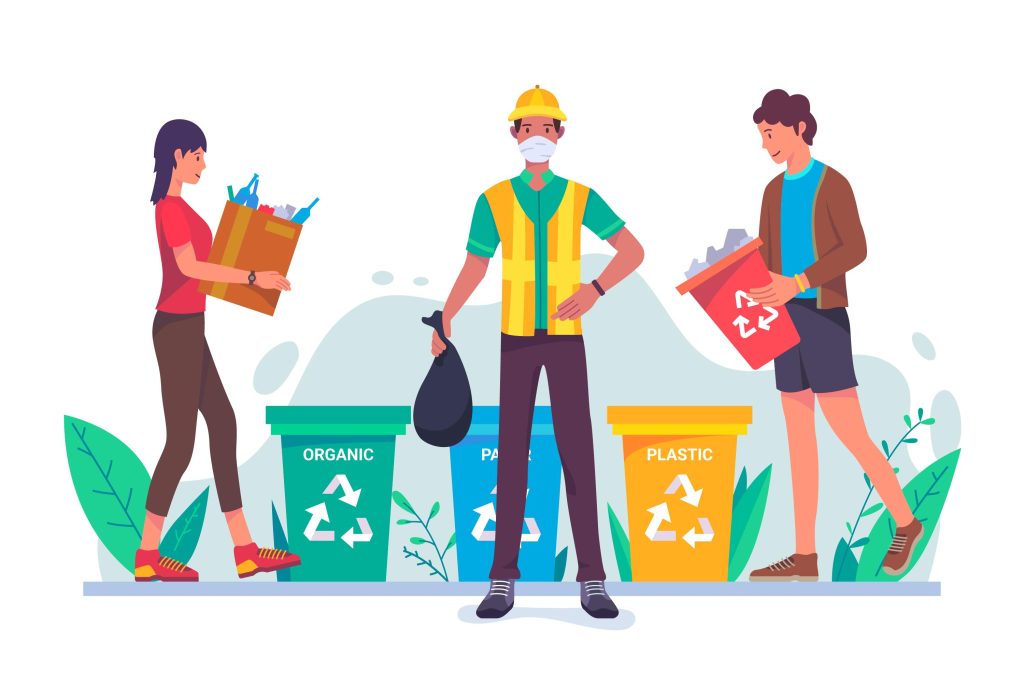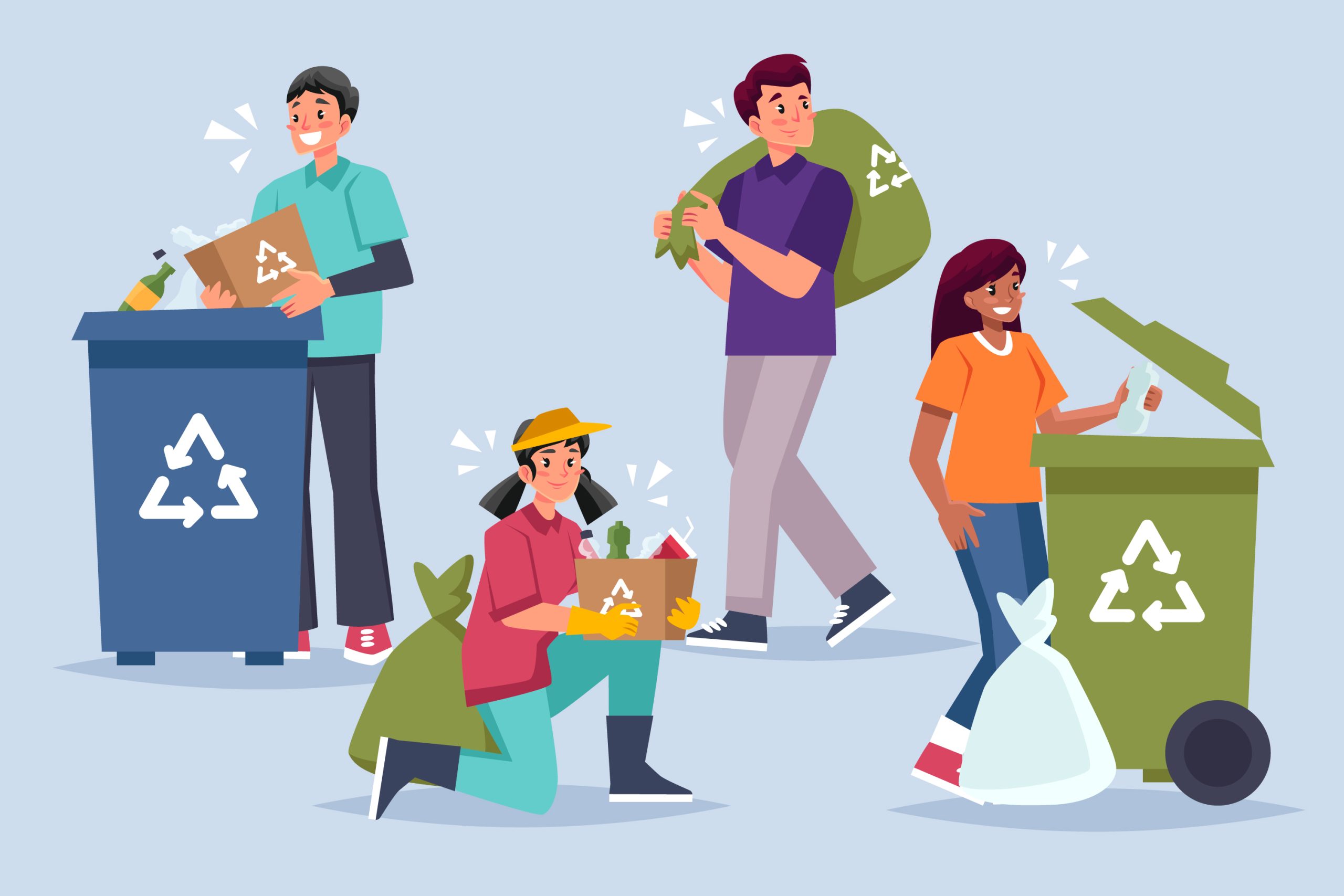From overflowing garbage cans in our kitchen to the colossal dumpsites in the city outskirts, waste is an inevitable byproduct of human existence. Every activity, from the smallest domestic tasks to the most advanced industrial processes, produces waste that needs proper management. In the 21st century, the challenge of waste disposal extends beyond individual households. Today, societies are grappling with the consequences of inappropriate waste disposal on a global scale. Explore the Effective handling of waste disposal aims to elucidate the gravity of this issue and provide viable solutions for households, businesses, and policymakers.
Firstly, let’s understand what waste is. Waste refers to any item that individuals or organizations no longer use and decide to throw away. It encompasses a broad spectrum of materials, from everyday household items such as food scraps and packaging to industrial waste like chemical residues and construction debris. The method of disposal differs based on the type of waste, and understanding this is the first step toward effective waste management.
The handling of domestic waste is an issue that impacts every household. This waste typically includes organic materials, plastics, paper, glass, and metals. The most effective way of managing domestic waste is to adopt the principle of the 3 Rs: Reduce, Reuse, and Recycle. By reducing the amount of waste we generate, reusing items as much as possible, and recycling materials, we can significantly cut down on the volume of waste that ends up in landfills. Furthermore, composting organic waste can convert it into a valuable resource for gardening, reducing the need for chemical fertilizers.
However, not all waste can be handled in such straightforward ways. Special care must be taken for certain types of waste, such as medical waste. Medical waste disposal is a critical aspect of waste management, due to the potential hazards it presents. This waste category, originating from healthcare facilities, contains potentially infectious materials, and improper disposal can lead to severe health and environmental repercussions. Regulations exist to ensure this waste is treated and disposed of correctly, often involving specialized companies for safe handling and destruction.

Electronics, or e-waste, is another rapidly growing waste category. With the continuous release of newer gadgets, the lifespan of electronic devices is decreasing, leading to an influx of e-waste. Like medical waste, e-waste contains hazardous components that can harm the environment and human health if not properly managed. One effective solution is to participate in take-back programs offered by manufacturers or retailers, where old electronic devices are accepted and responsibly recycled.
Similarly, Industrial waste requires unique disposal methods. Typically generated from manufacturing processes, this waste can contain harmful substances that pollute the air, water, and soil. The primary ways of handling industrial waste are through waste treatment, recycling, and secure landfill disposal. Companies are increasingly recognizing the economic and environmental benefits of waste minimization and are implementing cleaner production processes that generate less waste.
Waste management doesn’t stop at disposal. Effective waste disposal also includes monitoring and regulating waste management facilities. In many parts of the world, regulations mandate the safe operation of landfills and recycling plants, ensuring that they don’t contribute to pollution or pose health risks to nearby communities. These facilities must meet specific standards, such as having appropriate liners to prevent leachate from seeping into the groundwater and systems to capture and treat any gases produced.
Public participation plays an integral role in waste disposal. Effective waste management strategies require widespread adoption, and that can only be achieved through public awareness and education. Citizens need to understand the impact of their waste and the importance of proper disposal. Government agencies, schools, and non-profit organizations can all play a part in raising awareness and promoting responsible waste disposal habits.
Conclusion
Effective waste disposal is a multifaceted challenge that requires concerted efforts from all stakeholders, including individuals, businesses, and governments. The key is to embrace waste as a resource rather than a burden. By adopting the principles of the circular economy, where waste is minimized and materials are continuously reused and recycled, we can mitigate the environmental impacts of waste and build a more sustainable future.
The importance of proper waste disposal is undeniable, and everyone has a role to play. It is time to rethink our practices, transform our habits, and take a more responsible stance toward waste disposal. As we collectively make strides toward this goal, we can create a cleaner, safer world for generations to come.



































































